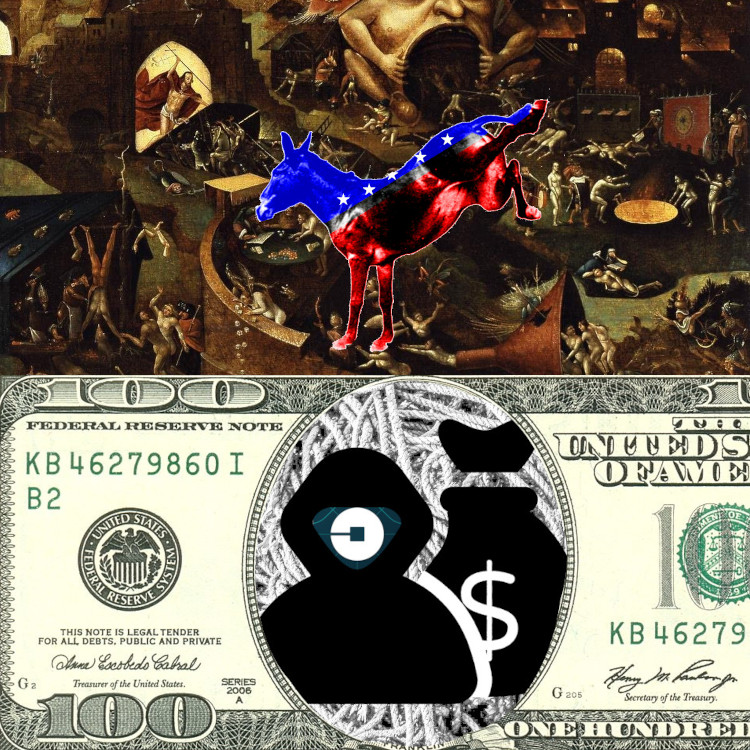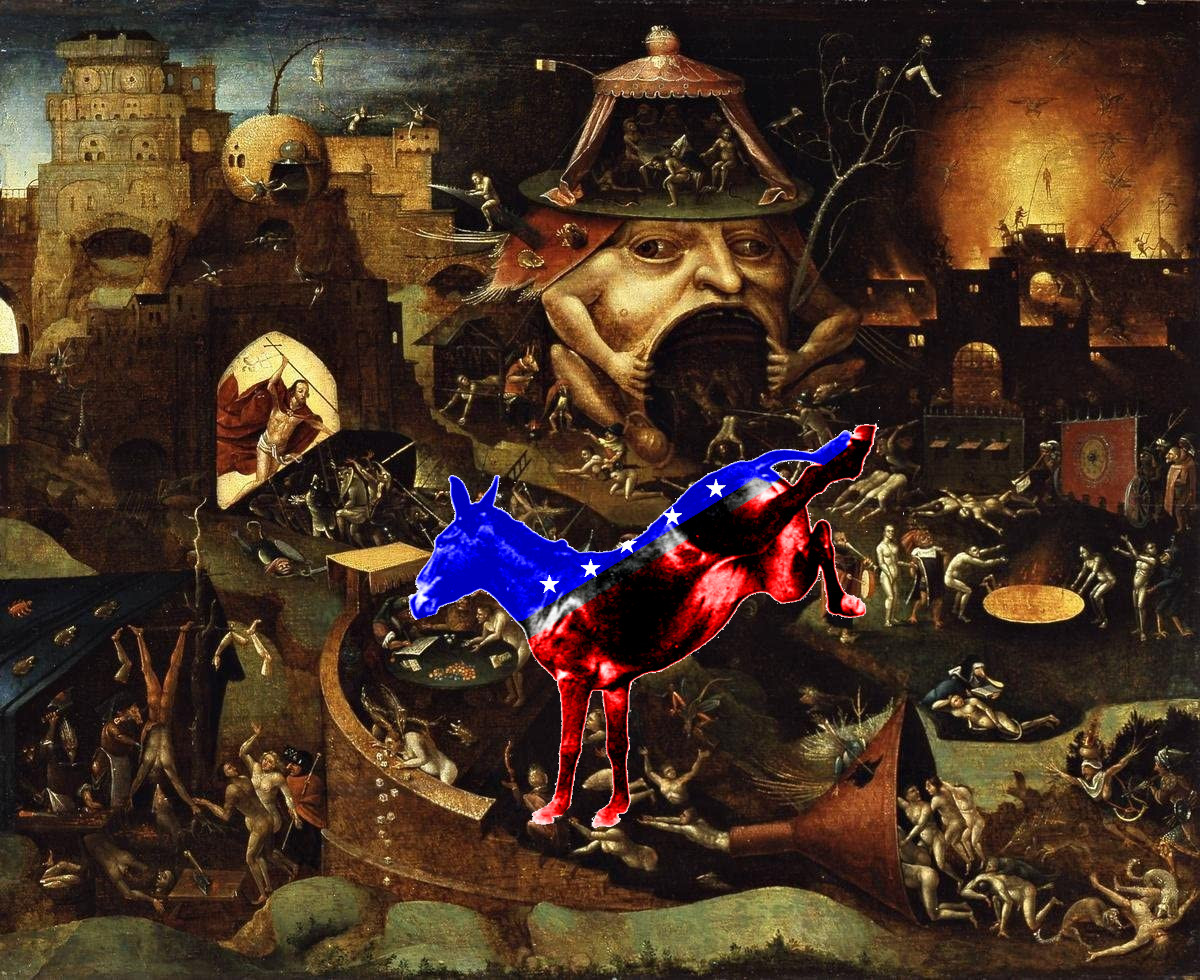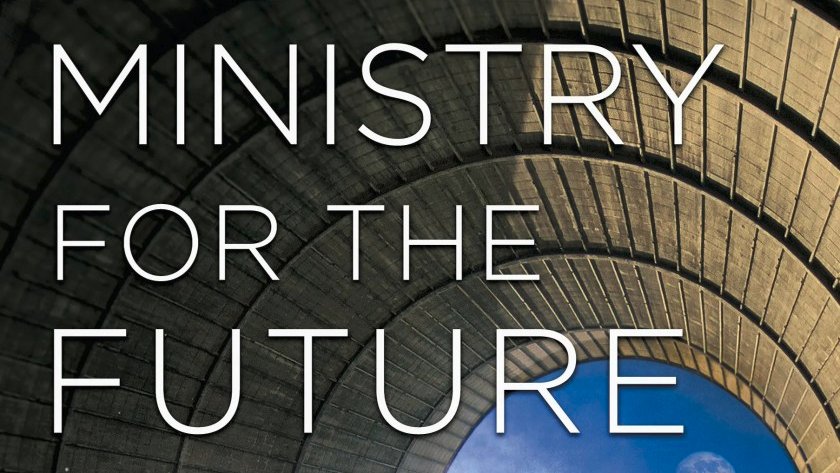
Today's Twitter threads (a Twitter thread).
Inside: Crooked Timber's Ministry for the Future Seminar; and more!
Archived at: pluralistic.net/2021/05/12/sem…
#Pluralistic
1/
Inside: Crooked Timber's Ministry for the Future Seminar; and more!
Archived at: pluralistic.net/2021/05/12/sem…
#Pluralistic
1/
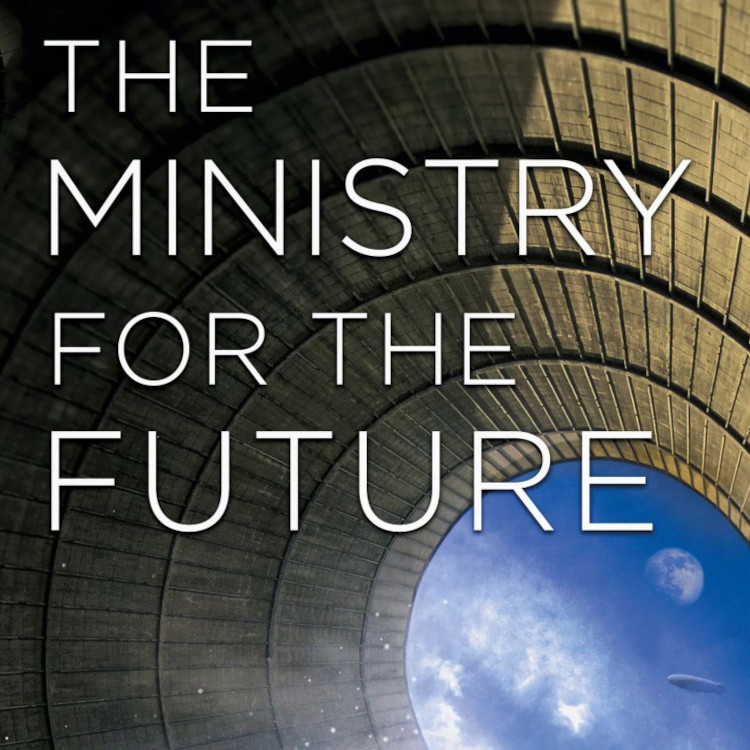
I'm doing two live events today, May 12:
* Interoperability and Alternative Social Media, a panel for the Knight Center's Reimagine the Internet event
knightcolumbia.org/events/reimagi…
* Book launch for Aminder Dhaliwal's Cyclopedia Exotica
crowdcast.io/e/udbva8py/reg…
2/
* Interoperability and Alternative Social Media, a panel for the Knight Center's Reimagine the Internet event
knightcolumbia.org/events/reimagi…
* Book launch for Aminder Dhaliwal's Cyclopedia Exotica
crowdcast.io/e/udbva8py/reg…
2/
Crooked Timber's Ministry for the Future Seminar: It is easier to imagine the end of the world than the end of capitalism.
3/
https://twitter.com/doctorow/status/1392502304167784448
3/
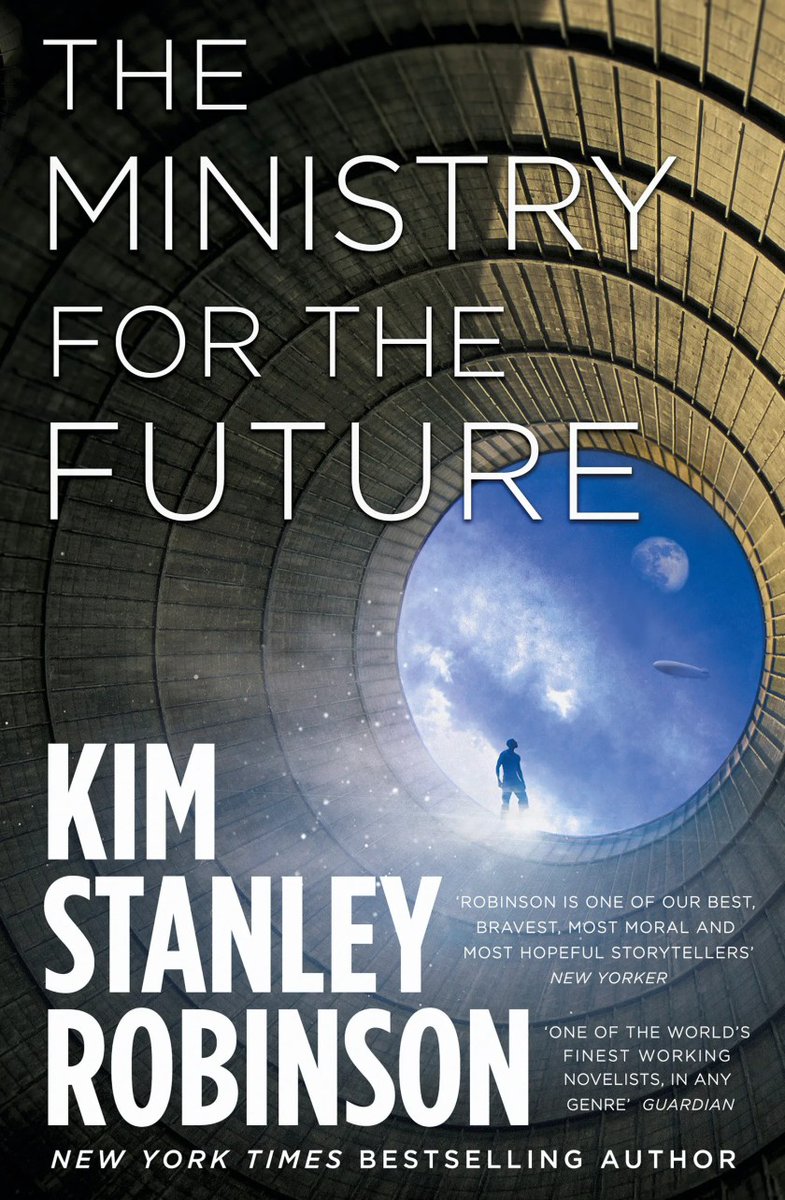
#20yrsago RIP, Douglas Adams news.bbc.co.uk/2/hi/uk_news/1…
#10yrsago Napier’s Bones: math and mysticism make for great international adventure memex.craphound.com/2011/05/12/nap…
#10yrsago China’s shonky Disneyland-a-like park closed thedisneyblog.com/2011/05/13/fak…
4/
#10yrsago Napier’s Bones: math and mysticism make for great international adventure memex.craphound.com/2011/05/12/nap…
#10yrsago China’s shonky Disneyland-a-like park closed thedisneyblog.com/2011/05/13/fak…
4/
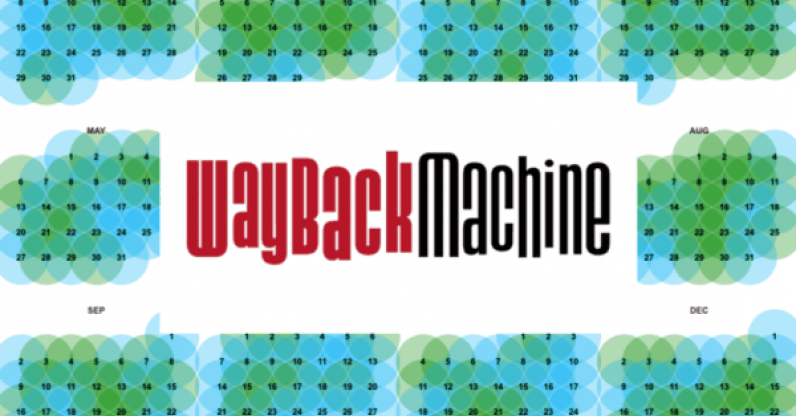
#5yrsago Open letter to from EFF to members of the W3C Advisory Committee eff.org/deeplinks/2016…
#5yrsago Reading With Pictures: awesome, classroom-ready comics for math, social studies, science and language arts memex.craphound.com/2016/05/12/rea…
5/
#5yrsago Reading With Pictures: awesome, classroom-ready comics for math, social studies, science and language arts memex.craphound.com/2016/05/12/rea…
5/
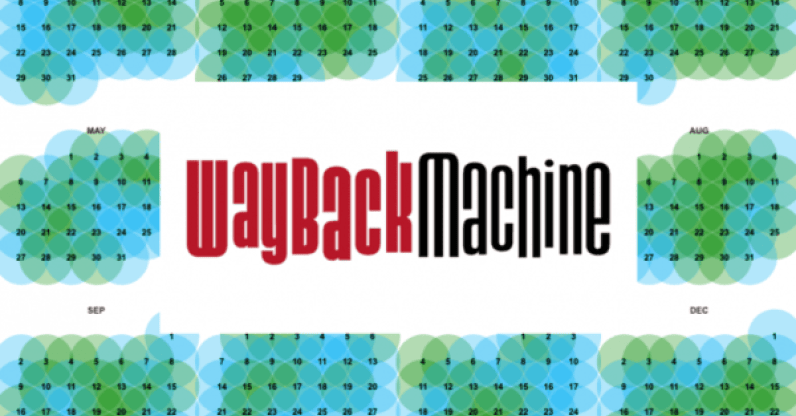
#5yrsago Anal fisting site breached: 100K passwords, usernames, email addresses and IPs extracted vice.com/en/article/qkj…
#5yrsago Chinese state-backed corporations beat US lawsuits with sovereign immunity reuters.com/article/us-chi…
7/
#5yrsago Chinese state-backed corporations beat US lawsuits with sovereign immunity reuters.com/article/us-chi…
7/
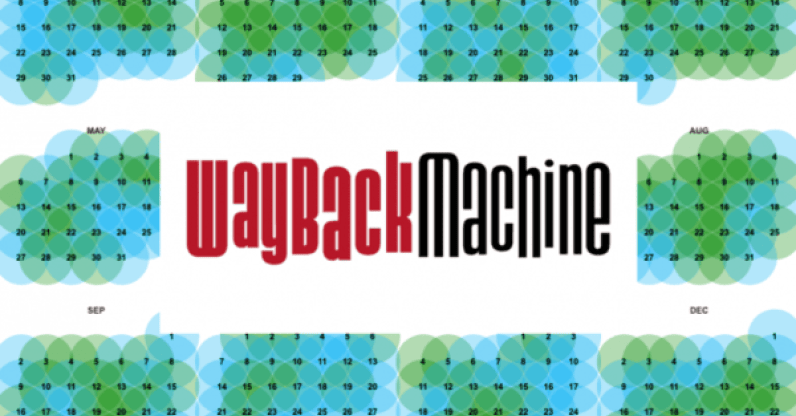
#5yrsago German publishers owe writers €100M in misappropriated royalties uebermedien.de/4444/schoener-…
#5yrsago Gallery show of forks stolen from rich people, sealed to preserve crumbs & saliva theguardian.com/artanddesign/2…
8/
#5yrsago Gallery show of forks stolen from rich people, sealed to preserve crumbs & saliva theguardian.com/artanddesign/2…
8/
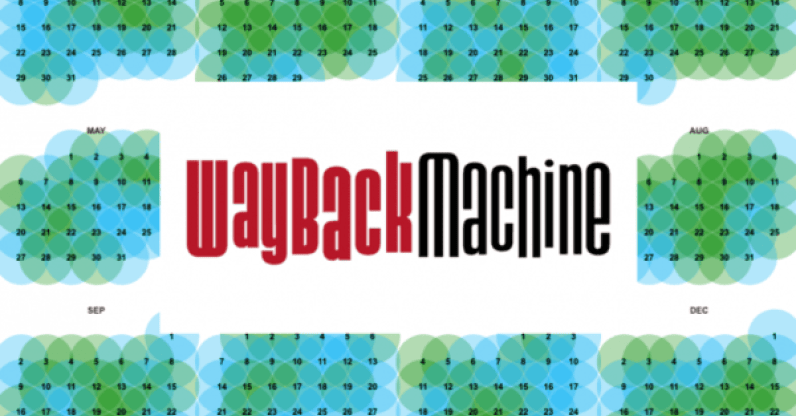
#1yrago Plane ticket refunds (without airline cooperation) pluralistic.net/2020/05/12/evi…
#1yrago The right's theories about human behavior are bankrupt pluralistic.net/2020/05/12/evi…
9/
#1yrago The right's theories about human behavior are bankrupt pluralistic.net/2020/05/12/evi…
9/
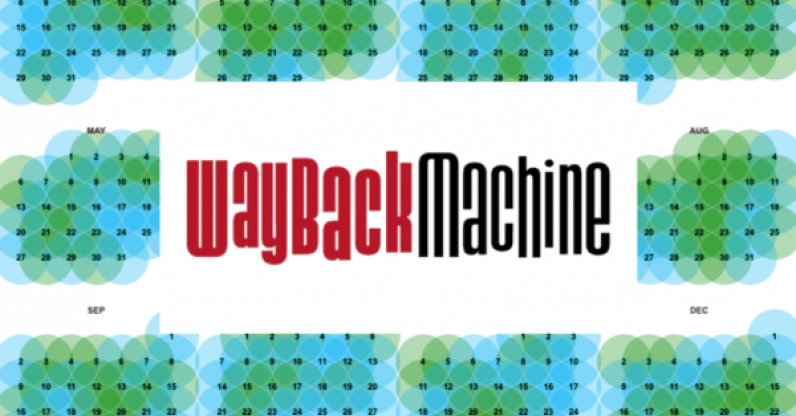
Yesterday's threads: Cyclopedia Exotica; Let's eat all the cicadas; and more!
10/
https://twitter.com/doctorow/status/1392145218867142659
10/

My latest novel is Attack Surface, a sequel to my bestselling Little Brother books. @washingtonpost called it "a political cyberthriller, vigorous, bold and savvy about the limits of revolution and resistance."
Get signed books from @darkdel: darkdel.com/store/p1840/Av…
11/
Get signed books from @darkdel: darkdel.com/store/p1840/Av…
11/
My book "How to Destroy Surveillance Capitalism" is a critique of Big Tech connecting conspiratorial thinking to the rise of tech monopolies (proposing a way to deal with both) is now out in paperback:
onezero.medium.com/how-to-destroy…
Signed copies here:
darkdel.com/store/p2024/Av…
12/
onezero.medium.com/how-to-destroy…
Signed copies here:
darkdel.com/store/p2024/Av…
12/
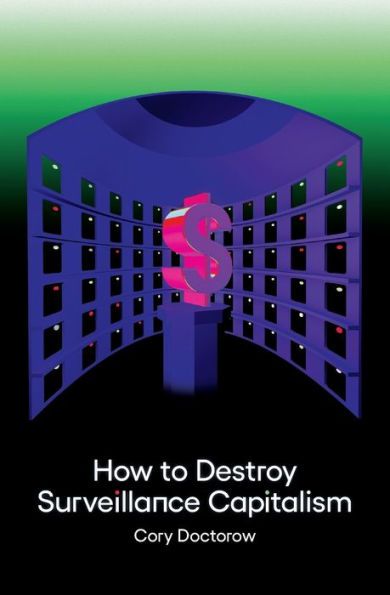
My ebooks and audiobooks (from @torbooks, @HoZ_Books, @mcsweeneys, and others) are for sale all over the net, but I sell 'em too, and when you buy 'em from me, I earn twice as much and you get books with no DRM and no license "agreements."
craphound.com/shop/
10/
craphound.com/shop/
10/

Upcoming appearances:
* Interoperability and Alternative Social Media, Reimagine the Internet, May 12, knightcolumbia.org/events/reimagi…
* Book launch for Aminder Dhaliwal's Cyclopedia Exotica (Indigo), May 12, crowdcast.io/e/udbva8py/reg…
11/
* Interoperability and Alternative Social Media, Reimagine the Internet, May 12, knightcolumbia.org/events/reimagi…
* Book launch for Aminder Dhaliwal's Cyclopedia Exotica (Indigo), May 12, crowdcast.io/e/udbva8py/reg…
11/
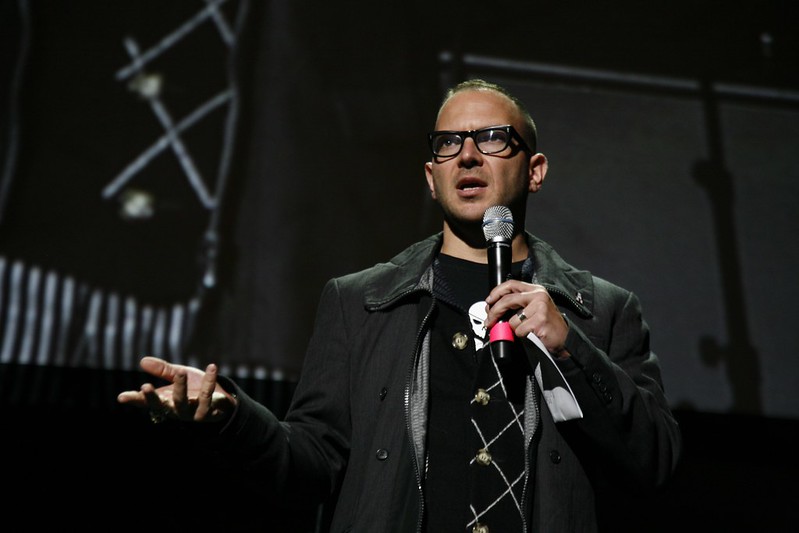
Recent appearances:
* Mohanraj and Rosenbaum Are Humans
open.spotify.com/episode/01dGJO…
* Can Antitrust Laws Destroy Surveillance Capitalism? (Majority Report)
* In conversation with John Scalzi at the Gaithersburg Book Festival
12/
* Mohanraj and Rosenbaum Are Humans
open.spotify.com/episode/01dGJO…
* Can Antitrust Laws Destroy Surveillance Capitalism? (Majority Report)
* In conversation with John Scalzi at the Gaithersburg Book Festival
12/
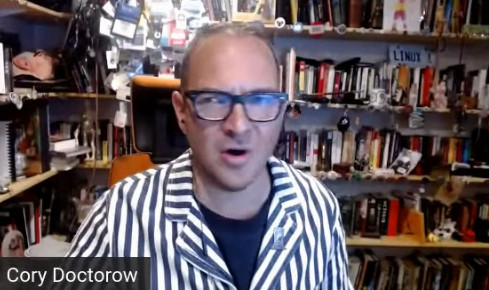
My first picture book is out! It's called Poesy the Monster Slayer and it's an epic tale of bedtime-refusal, toy-hacking and monster-hunting, illustrated by Matt Rockefeller. It's the monster book I dreamt of reading to my own daughter.
pluralistic.net/2020/07/14/poe…
13/
pluralistic.net/2020/07/14/poe…
13/
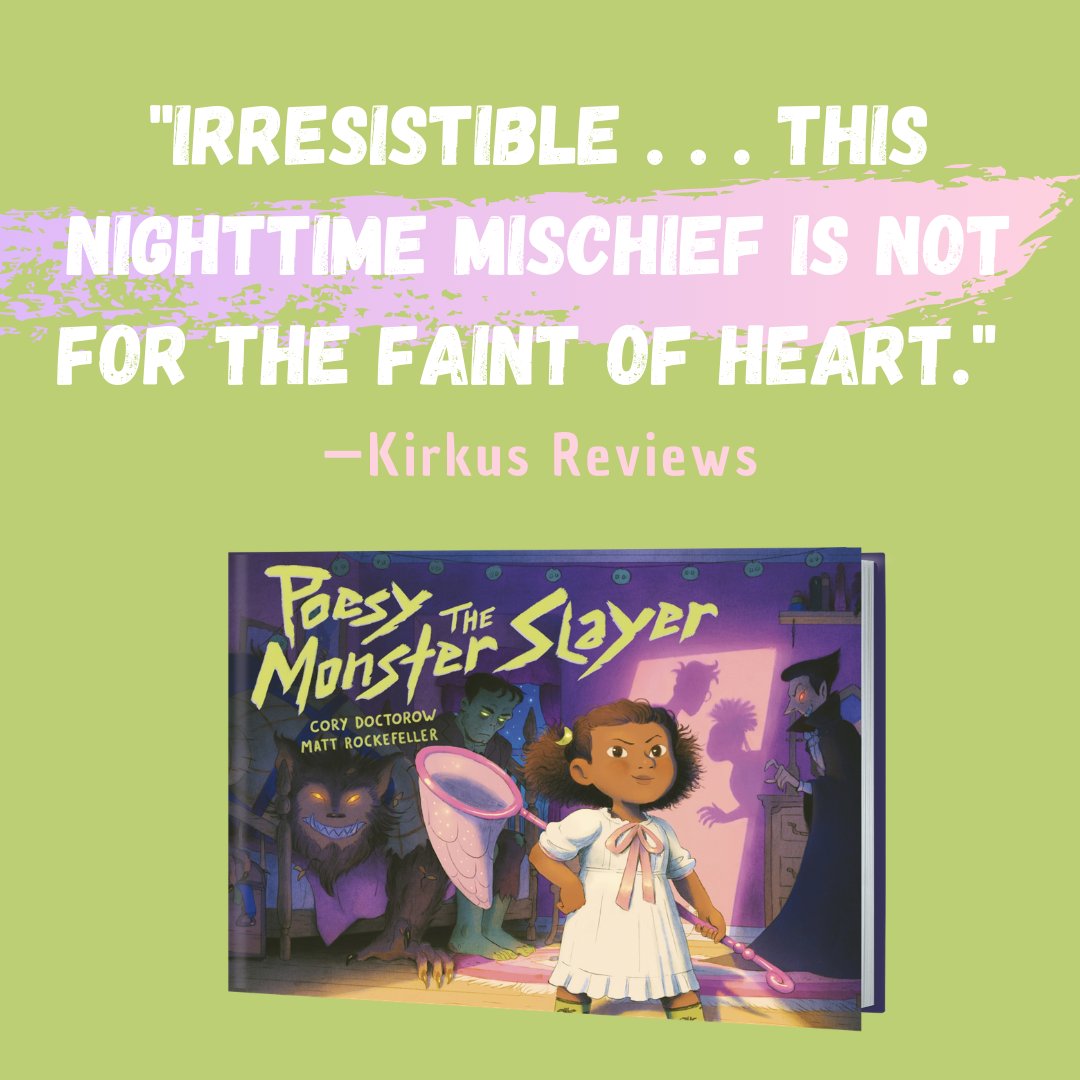
You can also follow these posts as a daily blog at pluralistic.net: no ads, trackers, or data-collection!
Here's today's edition: pluralistic.net/2021/05/12/sem…
14/
Here's today's edition: pluralistic.net/2021/05/12/sem…
14/
If you're a @Medium subscriber, you can read these - as well as previews of upcoming magazine columns and early exclusives on doctorow.medium.com.
15/
15/
If you prefer a newsletter, subscribe to the plura-list, which is also ad- and tracker-free, and is utterly unadorned save a single daily emoji. Today's is "🧑🏿🚀". Suggestions solicited for future emojis!
Subscribe here: pluralistic.net/plura-list
16/
Subscribe here: pluralistic.net/plura-list
16/
Are you trying to wean yourself off Big Tech? Follow these threads on the #fediverse at @pluralistic@mamot.fr.
Here's today's edition: mamot.fr/@pluralistic/1…
eof/
Here's today's edition: mamot.fr/@pluralistic/1…
eof/
• • •
Missing some Tweet in this thread? You can try to
force a refresh




